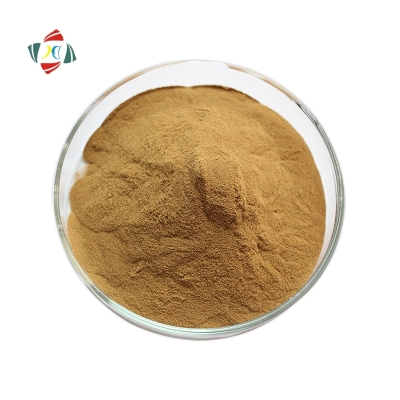Increase of atmospheric carbon dioxide level or change of plant evolution route
-
Last Update: 2011-02-22
-
Source: Internet
-
Author: User
Search more information of high quality chemicals, good prices and reliable suppliers, visit
www.echemi.com
According to a recent study by the University of Michigan, increasing levels of carbon dioxide in the atmosphere may lead to global warming, which may affect the interaction between plants and insects and change the evolutionary path of plants, the website of the American physicists reported on February 16 Many plants in nature can produce some bitter toxins to protect themselves from insects Milkweed is one of them This chemical defense has led to a long history of struggle between plants and insects, such as milkweed and caterpillars that eat them Rachel wannett and mark hunt investigated the response of different genes of milkweed strains to the increase of carbon dioxide concentration in the atmosphere, and how this response affects the possibility that they are eaten by insects In the experiment, the researchers continuously increased the carbon dioxide concentration, and observed the effects on the growth, asexual propagation, chemical and physical defense of milkweed Although with the increase of carbon dioxide concentration, all milkweed grow larger, and all species grow and reproduce better, they are quite different in chemical and physical defense against herbivores In particular, the cardiotoxins they produce, such as cardiosteroids, are increased in some species of milkweed with the increase of carbon dioxide, but decreased in most species, some even by 50% The other way is physical protection If the leaves of plants are harder and grow faster, the ability to tolerate caterpillars will be stronger Wannett pointed out that although it is not clear that the defense strategies of plants still hinder the growth of p.nigrum, the research results provide evidence for the response of plants to the increase of carbon dioxide, show the genetic basis differences of plant protection mechanisms, the changes of plant insect interaction, and how the interaction affects the adaptability of plants to climate change Wannit, a leading researcher and graduate student of ecology and evolutionary biology at Henri Gleason college, University of Michigan, said that plant self-protection and the way insects eat plants are all related to environmental factors such as carbon dioxide concentration, which will change the "selection pressure" brought by herbivores, thus affecting plant evolution Selection pressure is the driving force of evolution, which will lead to changes in the genetic composition of a population If insects bring too much danger to plants, they will not be able to reproduce successfully, and those plants that have inherited the characteristics of insect resistance genes will take the advantage This advantage will make the plants with insect resistance gene characteristics more widely distributed in the population, and the "pressure" will drive the plants to enhance their insect resistance.
This article is an English version of an article which is originally in the Chinese language on echemi.com and is provided for information purposes only.
This website makes no representation or warranty of any kind, either expressed or implied, as to the accuracy, completeness ownership or reliability of
the article or any translations thereof. If you have any concerns or complaints relating to the article, please send an email, providing a detailed
description of the concern or complaint, to
service@echemi.com. A staff member will contact you within 5 working days. Once verified, infringing content
will be removed immediately.







